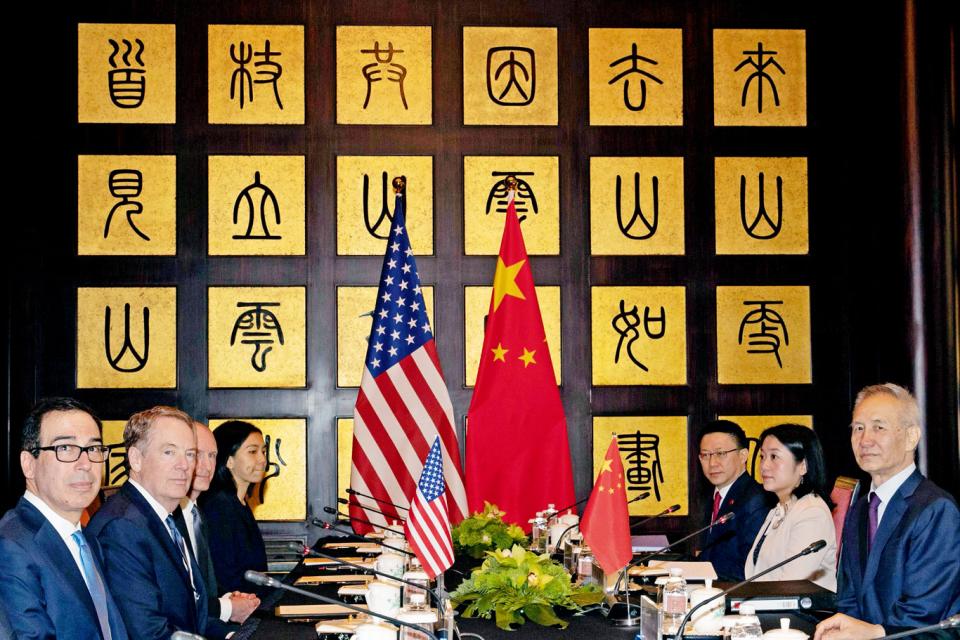US President Donald Trump announced on August 2 that his country would levy 10 percent tariffs on the remaining US$300 billion worth of imports from China not yet subject to increased duties, only to announce on August 13 a delay on most of the new tariffs until December. The initial announcement was unexpected, coming just as China and the US had concluded the 12th round of trade talks in Shanghai at the end of July, during which China had agreed to increase soybean imports from the US. The two sides, according to China’s Ministry of Commerce, also discussed why the talks were suspended before and the way forward to continue negotiations.
“The US’s [latest] tariff increase has escalated the trade conflict which does not conform to the interests of the people of both countries... If the US implements the tariff increase, China has to take countermeasures,” Hua Chunying, a spokesperson from China’s Ministry of Foreign Affairs, said at a press conference on August 2. Four days later, China announced it would suspend purchases of agricultural products from the US.
The escalation in the Sino-American trade war has had repercussions on global financial markets, with the yuan exceeding 7 to the US dollar on August 5, the highest point in nine years. The same day, the US Department of Treasury labelled China as a “currency manipulator.”
China denied the accusation. Yi Gang, president of the People’s Bank of China (PBoC) said on the central bank’s website that the yuan exchange rate was purely determined and driven by the market and that the rate was at a proper level. Yi was supported by an August 9 report by the IMF on the annual Article IV Consultation, an assessment of a country’s economic and financial policies, which stated that the yuan exchange rate fit China’s economic fundamentals.
According to Chinese experts, Trump’s escalation of trade war hostilities is intended to intensify pressure on China and the Federal Reserve, with whom Trump has been at odds. The Fed announced August 1 that it would cut the benchmark interest rate by a quarter of a percentage point, with the target range from 2 to 2.25 percent to spur the economy. Trump, however, tweeted that the cut was “too little, too late.”
After huge drops in the markets, the US Trade Representative office announced on August 13 that the US would delay the latest tariff increase on some Chinese imports (58 percent) to December 15 and canceled the tariff increase on some other Chinese imports (3.1 percent). The announcement led to a big rise in both the yuan exchange rate and US stock markets.
Chinese experts believe that the detente came partly due to Trump’s worries that the trade war would influence American consumers in the big sales period before Christmas, which, according to experts, would directly influence the Republican primaries in February 2020. Some experts warned that the trade war has been Washington’s plan all along, and that Beijing should stay alert to any sudden, negative change.

 Old Version
Old Version